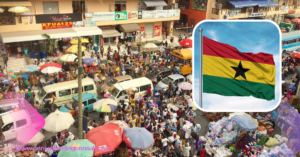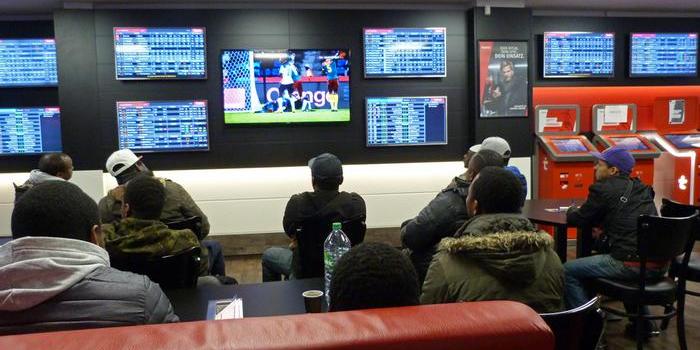
Popular igaming payment method in Africa – MOBILE MONEY
Overview
Mobile Money is an electronic wallet service that allows you to store, send and receive money using your mobile phone. The key requirement is to have a telecommunication provider Simcard, for Africa main providers are MTN Group, Airtel, Safaricom, and Vodafone.
As Mobile numbers are a key requirement to opening an igaming account for punters to place bets/ play online casinos this paved way for integrations to be made into gaming and betting online platforms where punters can easily deposit money into their accounts with a few clicks from the mobile phones and also be able to withdraw their winnings straight to their mobile wallets.
Our Blog will highlight the role of mobile money services in the practice of gambling in general in Africa and another key must-know about the payment service (Mobile Money).
Mobile money is one of the best things to happen to Africa – For a continent where the habit of banking is growing but not at a pace that catalyzes fast development, mobile money revolutionized the handling of money for paying for products & services and embracing many industries including the gaming & betting industry too across all gaming markets in Africa.
Before Mobile money, it was simply the physical betting outlets and online banking cards that didn’t really sit well with the majority of the clientele base that betting in Africa targeted. After its introduction, the industry couldn’t be rivaled by the amount of money that was moving through its systems on a daily basis. What spurred the phenomenon, even more, was the rapid growth of both mobile and internet penetration across many countries. The spread of Chinese-made cheap smartphones also ensured that everything was accomplished with simply a few clicks which paved largely the growth of online sports betting & gaming.
General Highlights
- Sub-Saharan Africa is home to more mobile money users than any other region in the world, with over 200 million active mobile money users by the end of 2021. This represents around half of the global total active accounts.
- Value of Mobile money transactions in Sub-Saharan Africa – 697.7bn USD
- Registered Mobile money accounts in East Africa as of 2021 – 296M
- Value of mobile money transactions in East Africa – 403.bn USD
- Leading service providers: MTN mobile money subscribers as of Sept 2021- 51.1M and Mpesa (Safaricom) subscribers as of 2022 – 52M
Mobile money is undergoing rapid growth in Africa, driven by improved access to technology, difficulties accessing traditional financial services, and an increase in contactless payments related to the coronavirus (COVID-19) pandemic.
For those with no access to banking services, mobile money provides financial inclusion, a way to participate in the economy without a bank account. This has led to a boom in the use of mobile money in Africa, one of the most underbanked regions in the world. In 2019, 200 million users made 24.46 billion mobile money transactions in Sub-Saharan Africa and the Middle East, and Northern Africa, accounting for 64.15 of all transactions made worldwide. Of the 690.1 billion U.S. dollars in mobile money transactions made in 2019, 456.3 billion U.S. dollars were exchanged in Sub-Saharan Africa.
Mobile money has become a big business for telecommunication providers in Africa. Approximately 144 mobile money providers operate in Sub-Saharan Africa, with two companies such as M-Pesa, MTN, and Orange Money accounting for a significant share of the market.
M-Pesa, managed by Vodafone and Safaricom and operating in seven countries, has seen significant growth in recent years. The service attracted an additional 12 million users from 2017 to 2020, reaching 41.5 million users by 2020. M-Pesa users made 12.2 billion transactions in 2020, generating 784.36 million U.S. dollars in revenue for parent company Safaricom. MoMo – MTN Group’s mobile money offering – has enjoyed similar growth – reaching 35.1 million active customers in March 2020.
The effect of under banking on the use of mobile money can be seen in Southern Africa, where banking services are easier to access. Mobile money has gained less of a foothold in that region, suggesting that unless another solution to financial exclusion in parts of Africa is discovered, the use of mobile money in Africa is set to grow even better in the future.
Mobile money accounts in Africa by region 2021 (in millions)
| Characteristic | Registered accounts | Active accounts |
| East Africa | 296 | 102 |
| West Africa | 237 | 58 |
| Central Africa | 60 | 19 |
| Southern Africa | 13 | 4 |
| North Africa | 15 | 1 |
Conclusion: Mobile Money is a must-have payment gateway for any gaming or sports betting operator wishing to expand its operations into Africa
By Najib Balinda attributed to Statista.

